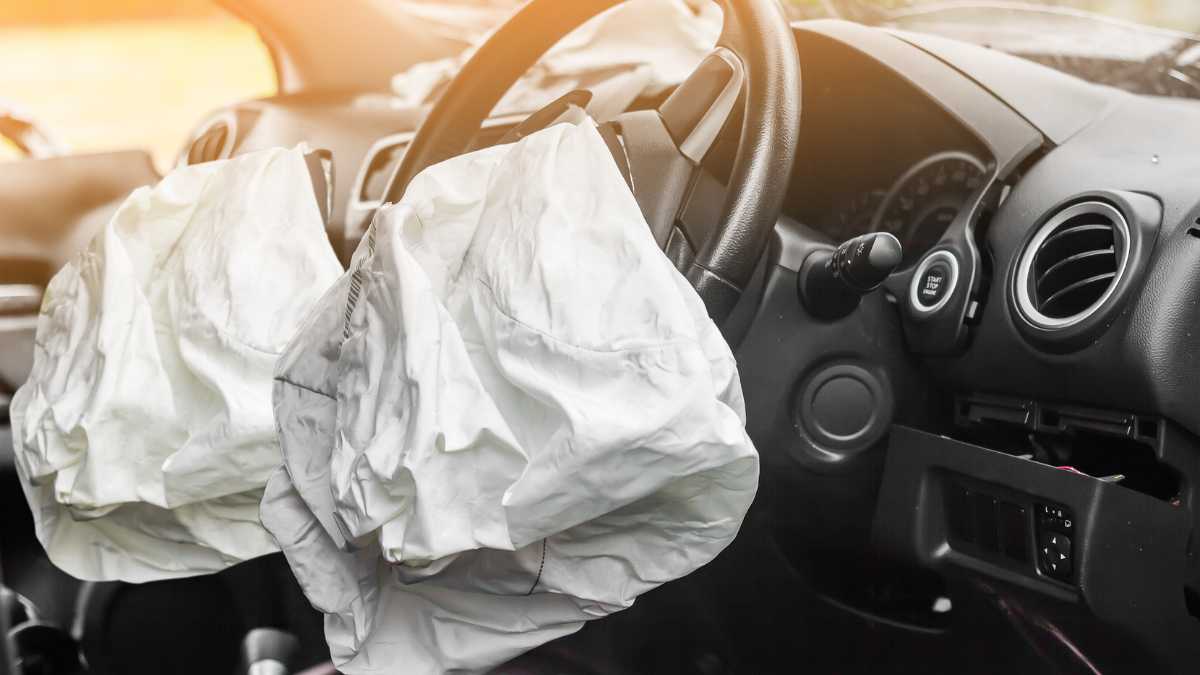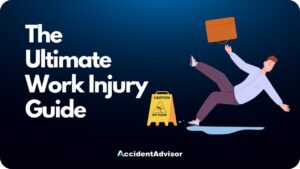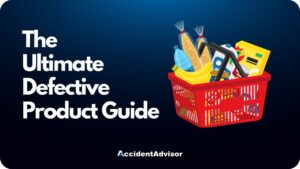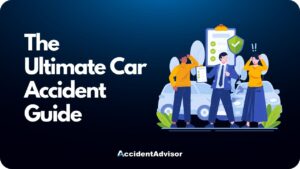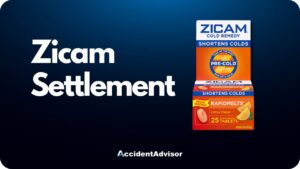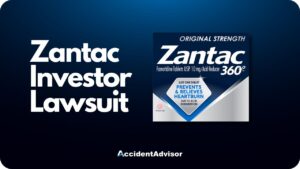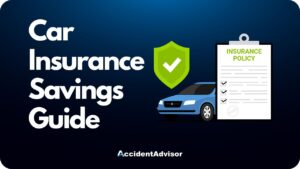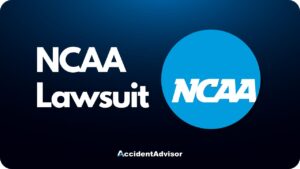A car accident can change your life in an instant. If you are wondering what to do after a car accident in North Carolina, you likely know that the financial and emotional aftermath of a crash is just as significant as the crash itself.
An understanding of North Carolina accident law is essential to protecting yourself and your family. The article aims to guide recent victims of a car accident in North Carolina through the complicated logistical, legal, and financial process. We included tips on what to do immediately after an accident, a summary of North Carolina accident law, advice on dealing with the insurance company, and more.
Understanding North Carolina’s Car Accident Laws
North Carolina is an at-fault state or tort state, which means the driver who is deemed at fault for the accident must pay the other driver’s damages. Uniquely, North Carolina is also one of only four states to enforce strict contributory negligence, which means that when drivers are at fault for the accident to any degree, they are not allowed to receive any compensation for their injuries.
Adhering to these statutes while understanding your rights and duties is paramount when figuring out what to do after a car accident in North Carolina. The determination of fault is more important in this state than most because of its policies, so the actions you take immediately after the accident are even more crucial to get right.
Protecting Your Right to Fair & Reasonable Compensation
Compensation for a car accident can be used to cover medical bills, property damage, lost wages, and any other expenses your insurer and lawyer deem relevant. To receive this compensation, key steps must be taken following the accident, which we describe in more detail below.
At the Accident Scene
You will likely have many questions following the accident, which we will try to answer briefly.
Should I call the police?
In North Carolina, you should always call the police after being in an accident, especially in light of any injuries or serious property damage. To obtain compensation, you are legally obligated to report the accident so that it can be properly documented for legal and insurance purposes.
What should I do until the police arrive?
Until the police arrive, you should first ensure the safety of yourself and your other passengers. If there are no serious injuries or dangerous signs of vehicular damage (like leaking gas or fluid), try to move your car to a safe distance away from traffic.
Additionally, you should collect evidence from the scene, including photos of the vehicles, road conditions, or injuries, the other driver’s insurance information and license plates, and anything else that seems relevant.
What happens once the police arrive?
When the police get there, they will assess the crash and begin to document it, including their assessment of fault and the testimonies of those involved. This information will go into their crash accident report.
Immediately After the Accident
Immediately after the accident, your priority should be to seek medical attention for yourself and your other passengers, even if no serious injuries are evident. If you do not receive medical attention at the scene or immediately after, or report the accident to your insurance company, you will have a much harder time winning a successful compensation claim.
Request a copy of the official accident report from the local police department or the North Carolina DMV. Request copies of any traffic citations issued, as these will be relevant to the insurers’ assessment of the accident.
As you compile the evidence you collected, try to get written statements from witnesses about what they saw at the scene of the accident. Start keeping a personal journal that details your memories and feelings, including any pain from your injuries.
Dealing with the Insurance Companies
Once you have reported the accident to your insurance company, you will need to know how to deal with it. Remember that the insurer is not on your side. They will try to lessen or deny your compensation through their investigation of the accident.
You should cooperate with the insurance company without giving up your right to compensation by admitting fault. Remember that due to North Carolina’s contributory negligence statute, any amount of fault can be grounds for denying compensation.
The insurance companies of both drivers will conduct their investigation to determine liability. If the other driver was uninsured, you should check with your policy to see if you have any Uninsured Motorist Coverage, which may compensate you anyway. The best way to protect your car accident settlement is to hire an experienced accident attorney to walk you through the process and ask them any questions that come up.
Getting Your Car Repaired
In North Carolina, you are entitled to be compensated for the cost of repairs up to the fair market value (FMV) of your vehicle. Other damages such as depreciation, loss of use, and rental car costs may only be covered in certain policies and if the insurer agrees to do so.
If you are not at fault in the accident, the other driver’s insurer should cover these costs. You may have an option to use collision coverage to pay for damages with your policy, which may expedite your compensation, but you may have to pay a deductible. If the other driver is deemed at fault for the accident, your deductible may be refunded.
Your insurance premium may increase if you file an accident claim, even if you were not at fault. Ask an attorney how to claim the accident in the way that most benefits you.
Bodily Injuries
Obvious injuries must be treated immediately by the medical staff at the scene of the accident, followed by documented visits to an ER or primary care physician. Without these checkups, the insurance company may claim that your injuries were not sustained during the accident.
Since North Carolina is an at-fault state, the at-fault driver’s insurer will bear the brunt of the responsibility for paying your medical and property damages.
Essential Steps to Follow Post-Accident
To recap, follow these steps immediately after a car accident in North Carolina to ensure that you are compensated fairly for your injuries:
- Make sure everyone is safe; move your car to a safe place on the side of the road, if possible.
- Call the police to report the accident.
- Collect evidence from the scene, including driver and witness contact information, photos of the scene, cars, and injuries, and insurance information.
- Contact your insurance company to report the accident and start the claims process.
- Receive prompt medical attention, either at the scene or directly after.
- Familiarize yourself with North Carolina’s statutes on fault, compensation, and coverage.
- Request a copy of the official accident report.
- Contact an experienced car accident attorney.
Common Mistakes to Avoid
When deciding what to do after a car accident in North Carolina, many people forget to consider what not to do.
- Do not admit fault, even by accidental admission, such as apologizing for the accident to the other driver.
- Do not avoid doctors, even if you think you’re fine, as many bodily injuries are not evident until later.
- Do not avoid your insurer, as you will not be compensated if the accident is not reported efficiently.
- Do not represent yourself, as an experienced accident lawyer will know the ins and outs of North Carolina accident law better than you ever could.
Contact a North Carolina Accident Lawyer
To give yourself the best chance of winning a fair settlement after your accident, contact a North Carolina accident lawyer. Seasoned attorneys can guide you through the post-accident process so that you don’t have to wonder what to do after an accident in North Carolina – you will know.
Having a lawyer on your case will give you time for other important post-accident issues like recovering from your injuries, talking with family, and getting your car repaired. An attorney’s knowledge of accident laws in North Carolina will help you navigate the state’s complex legal and financial processes to ensure that you get the compensation you deserve for your injuries.

Rocky Horton
Author
Rocky Horton is a health and safety expert from Chapel Hill, NC. He is the founder of AccidentAdvisor and has been featured in Forbes, Bloomberg, and other publications. Learn more.

